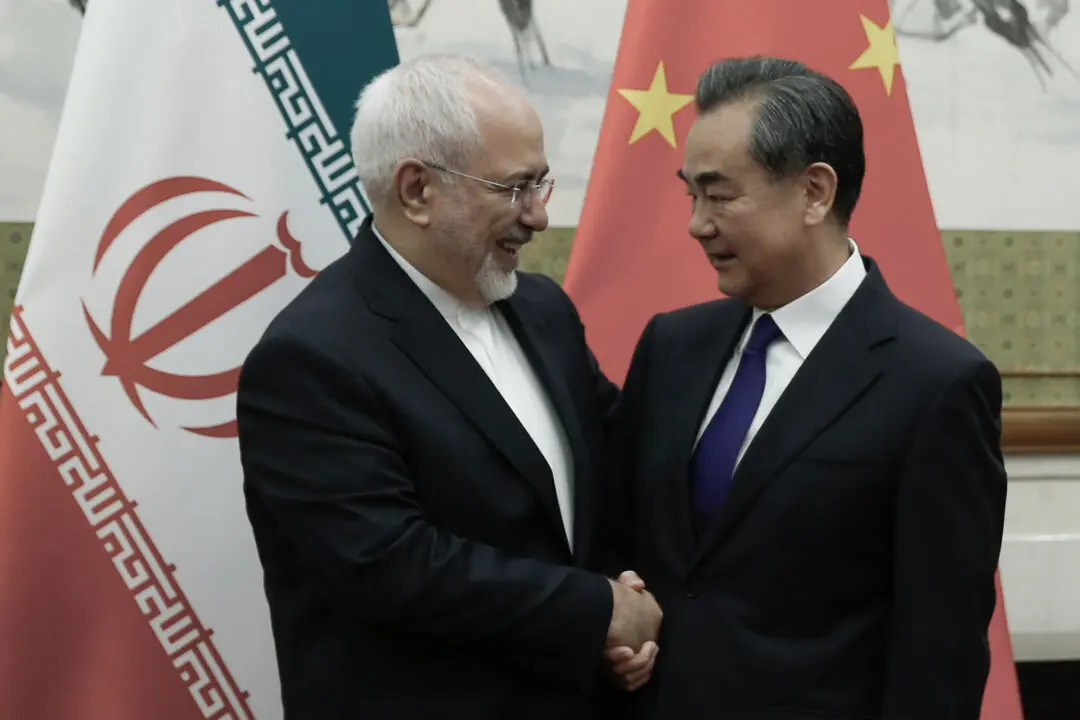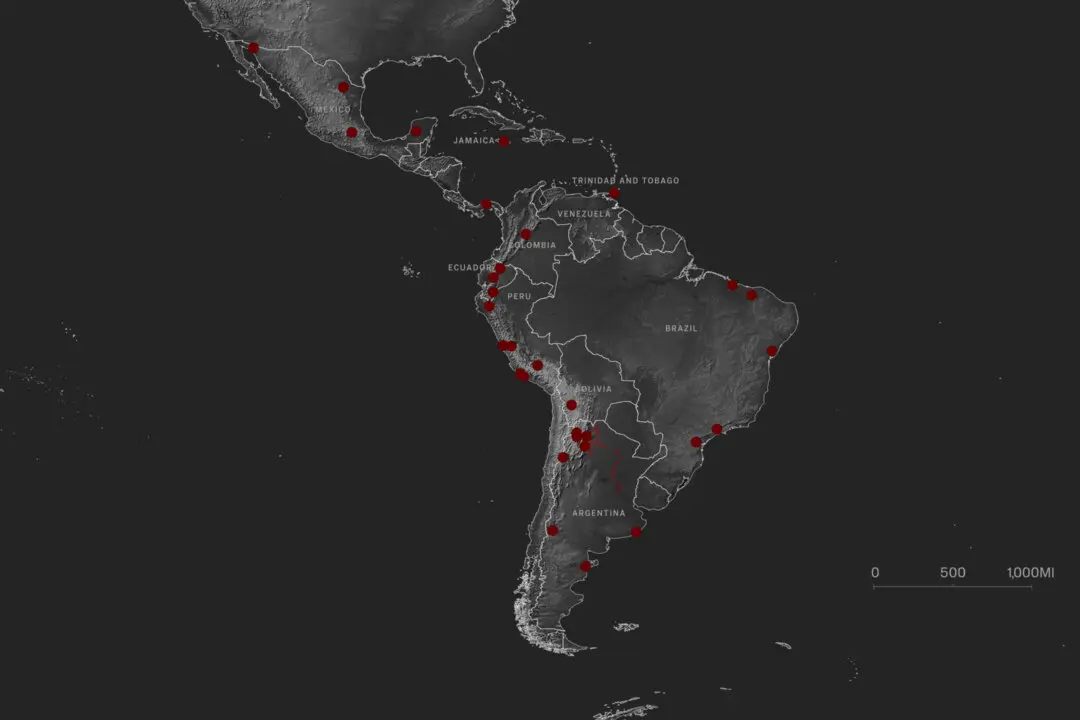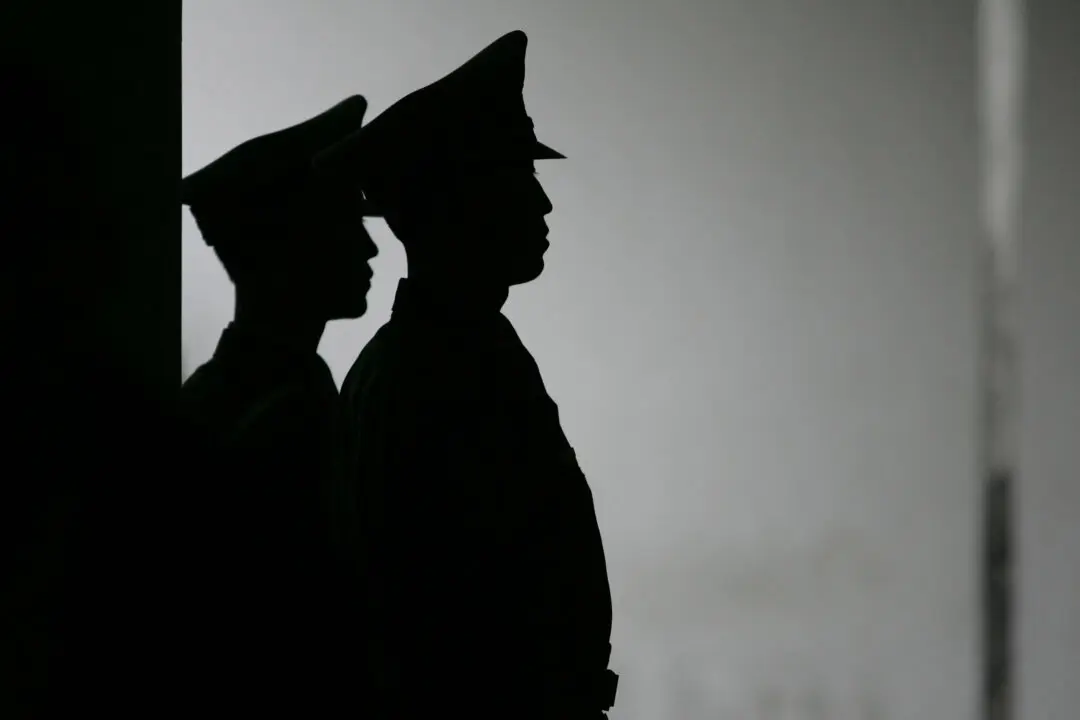International Olympic Committee (IOC) President Thomas Bach issued a rare rebuke to Beijing organizers over comments about Taiwan and Xinjiang, as scrutiny of the Chinese regime’s abuses continues to simmer in the backdrop of the Winter Games.
Beijing needs to “remain politically neutral,” said Bach at a press conference on Feb. 18, a day after a Beijing Games representative declared that “there is only one China in the world,” in a reference to Taiwan. The official had also dismissed the regime’s repression in Xinjiang—the chief reason behind the diplomatic boycott of the Games staged by the United States and others—as a mere “lie.”





